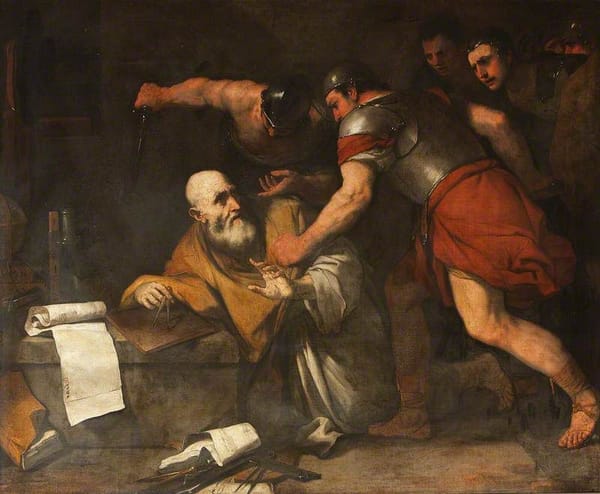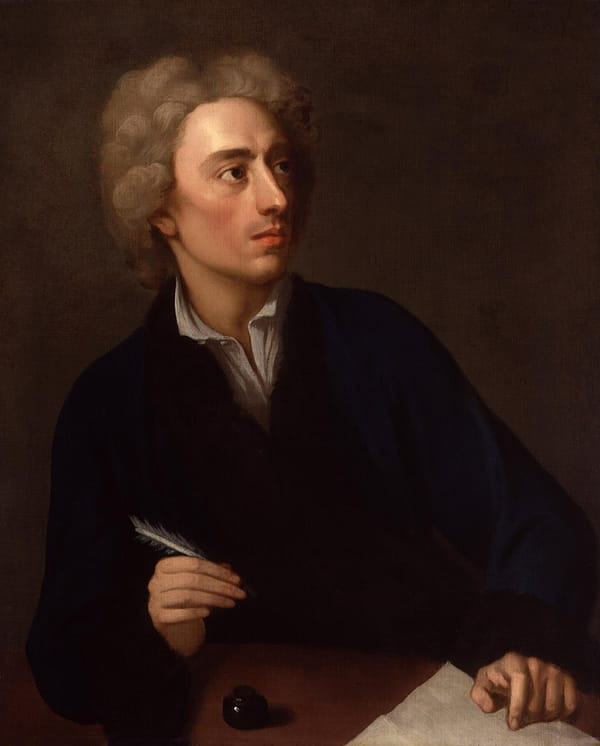The Knight's Tale

The Canterbury Tales are a collection of fictional tales written by Geoffrey Chaucer in the Early Middle Ages. The book is important because it is the first work of literature written in English. It uses the format of tales told on a pilgrimage to bring together stories from all classes in Medieval England, from the noble knight to the humble miller.
Some themes found in the Knight's Tale are romantic love, chivalry, longing for the loved person, longing for freedom, and jealousy. Some archetypes are the good king, the knight, the lover, and the prisoner. The tale is told from the perspective of a Middle Age knight, who calls Theseus a "duke", which is a word no ancient Greek writer would use.
The theme of chivalry in the story is portrayed when Palamon saw Arcite in the forest, saying he will kill him. Instead of slaying his unarmed cousin with his sword, Arcite offered to bring weapons for both of them, and they would duel for the princess' hand.
The main characters in this story are Arcite and Palamon. They represent the lover archetype. These knights are cousins that used to be the best of friends before the events of the story. However, after falling in love with the same girl, they become bitter enemies, jealous of each other all the time. They meet again after seven years, and start a fight to the bitter death, in which they both would have died if not for the intervention of King Theseus.
Arcite is a prince of Thebes. After he was put into prison by Theseus of Athens after a battle, he falls in love with the king's young sister-in-law, Emily. He becomes extremely depressed to the point of contemplating suicide after he is released from prison. After spending some time in Thebes, he is told in a dream to go back to Athens, which he does, becoming a servant in the court.
In all the above, Arcite has shown himself to be very hasty and foolish. Firstly, he is foolish for hating his cousin and being jealous. Instead of thinking before going to Athens, which he was banned from on pain of death, he went anyway, albeit disguised. He also fell in love with Emily before he even knew her or talked to her.
Palamon is also a prince of Thebes. He, like his cousin Arcite, fell in love with Emily. He is not released from prison and is jealous of Arcite's freedom, imagining that if he was free, he would raise a Theban army and attack Athens.
He is not just jealous and foolish, but also violent. To be able to marry Emily, he would kill many people in his conquest of Athens. Also, he threatened to kill his cousin if he didn't renounce his love.
Arcite's final act is to make peace with Palamon and ask Emily to marry him as he loves her more than anyone else. On his deathbed, Arcite's jealousy disappears, when he realizes that he will die.
The main theme in The Knight's tale is that people will do anything for love. Arcite left his position as a prince in Thebes to become one of Emily's servants without her knowing. Palamon would conquer Athens and kill anyone in his way to marrying Emily. Finally, both the knights fought each other, and Arcite even died, for his love.
Foreshadowing and symbolism are used in this story. When Emily was praying in Diana's temple, one of the fires went out and the ends were dripping with blood, foreshadowing Arcite's death. The gods the knights chose to represent them were symbolic of Palamon and Arcite's values. Arcite dedicated himself to Mars, the god of war, and even though he won the battle, he died a violent death. Palamon dedicates himself to Venus, the goddess of love, and even though he is not victorious, he gets to marry Emily.




